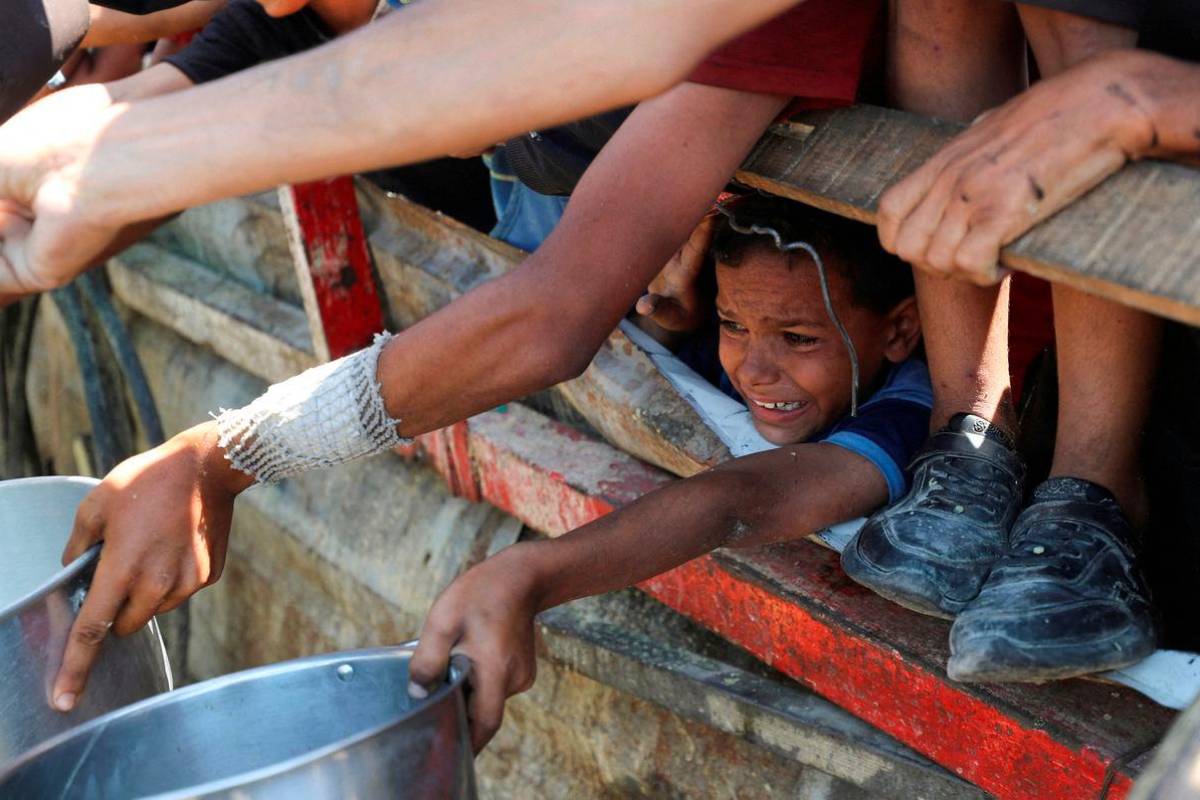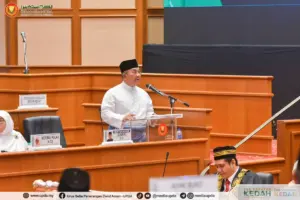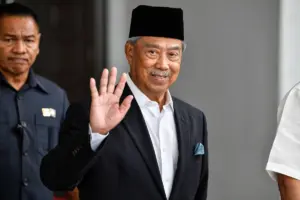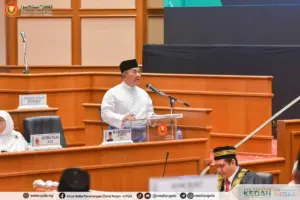TODAY’S young people are living through a time of profound global challenges.
Conflicts continue to uproot families, hunger remains widespread and millions of children face uncertain futures.
This year’s International Youth Day theme, “Local Youth Actions for the SDGs and Beyond”, calls attention to the vital role that young people can play in turning global ambitions into realities.
The link between war and hunger is undeniable. Unicef reports that nearly one in six children worldwide lives in conflict zones, with their education, health and nutrition deeply disrupted.
The World Food Programme warns that hunger is rising sharply in war-affected regions such as Gaza, Sudan and Ukraine, where access to food has become a daily struggle.
According to the State of Food Security and Nutrition in the World 2025 report, 673 million people were hungry in 2024, a figure that remains alarmingly higher than pre-pandemic levels. These statistics remind us that hunger is not only a distant issue but one that urgently demands awareness and action.
However, young people are far from powerless. Around the world, youth-led initiatives are showing how awareness can be transformed into meaningful action.
In some communities, young people are establishing school and community gardens to improve food security. Others are using social media to raise awareness and mobilise support for displaced families.
Research has shown that when youths are engaged in humanitarian response, such as during the Ebola crisis in Sierra Leone, they can play critical roles in education, advocacy and community mobilisation.
Education is central to enabling such actions. Schools and universities can provide platforms for young people to engage with global issues, learn about the Sustainable Development Goals (SDG) and develop projects that address local needs.
Embedding the SDG into school and university curricula as well as offering SDG-related training programmes, workshops and experiential projects can help young people gain a deeper understanding of sustainability challenges while equipping them with practical tools to design solutions in their communities.
Platforms like Unicef’s “Voices of Youth” demonstrate how empowering young voices can transform awareness into advocacy and collective responsibility.
The message of this year’s International Youth Day was clear: young people must be supported not only to understand the challenges of war and hunger but also to take action in their communities.
By turning awareness into action, youths can contribute to ending hunger, advancing peace and ensuring that the SDG are not just distant goals but also living commitments shaping a more just and sustainable future.
Sustaining progress on the SDG depends on empowering youths as present changemakers and future leaders, ensuring that their actions today will carry forward into lasting global impact.
If we invest in youth awareness and action today, we are ultimately investing in the future of humanity.
Assoc Prof Dr Majid Ghasemy is deputy dean of School of Education at Sunway University. Comments: [email protected]






